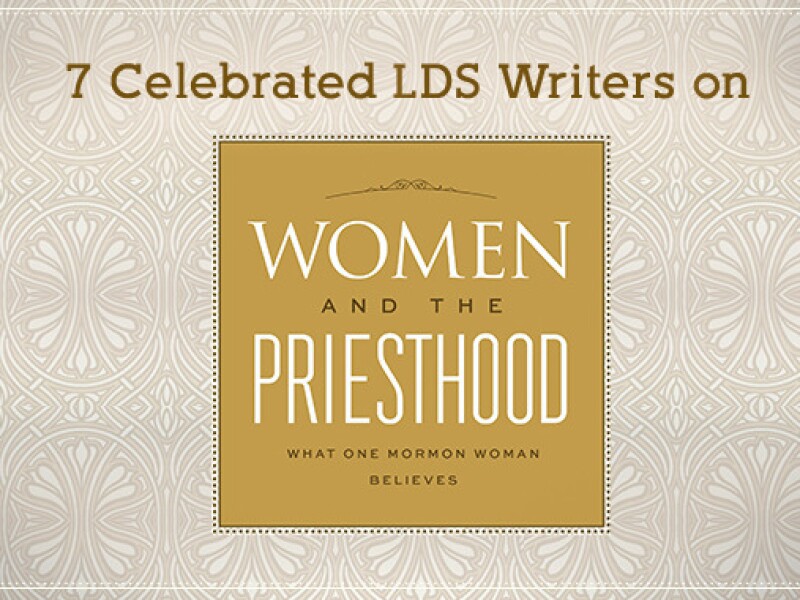Fiona Givens was born in Nairobi, educated in British convent schools, and converted to the LDS church in Frankfurt-am-Main. She left for BYU two years after her conversion and met her husband, Terryl, the first day of class. In the middle of raising her children she decided to go back to school, graduating with from the University of Richmond with degrees in French and German, followed by a graduate degree in European history. She taught French and German at Patrick Henry High School near Ashland, VA. After seven years of 5a.m.-11p.m days, she felt impressed to stop and begin collaborating with her husband on The God Who Weeps, Crucible of Doubt, and The Christ who Heals. She has been invited to speak at firesides and women’s conferences in the U.S. and abroad. She feels most at home in water—be it pool, lake or sea and on holiday with her ever-expanding family.
-
More










